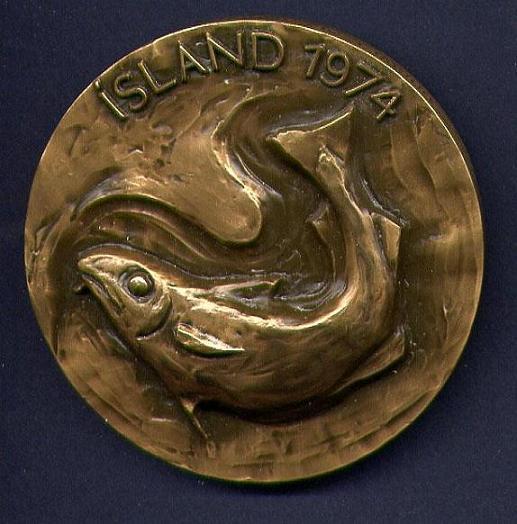"Cold War" vs. Climate Change and Sub Quote of the Month
History
The name "Cold War" was coined by the English writer George Orwell, after the dropping of the first atomic bombs in 1945. ...It described a world where the two major powers—each possessing nuclear weapons and thereby threatened with mutually assured destruction (MAD)—never met in direct military combat.
The Cold War, often dated from 1947 to 1991, was a sustained state of political and military tension between powers in the Western Bloc, dominated by the United States with NATO among its allies, and powers in the Eastern Bloc, dominated by the Soviet Union along with the Warsaw Pact.
[P]ressures escalated inside the Soviet Union, where Communism fell and the USSR was formally dissolved in late 1991.
In 1990, then Senator Al Gore presided over a three-day conference with legislators from over 42 countries which sought to protect the environment." In the late 1990s, Gore strongly pushed for the passage of the Kyoto Protocol, which called for reduction in greenhouse gas emissions.
Cold War Update
Dec. 5, 2013 - abcNEWS - Cold, Cold War: Putin Talks Tough Over US Arctic Rivalry
With many experts saying that global warming is expediting the melting of the Arctic icecaps, newly created water routes have opened up a possible treasure trove of commercial wealth to northern nations in the form of oil, mineral, and natural gases. There has been competition among countries for Arctic usage rights since the 1950s, but the accelerated melting of Arctic glaciers in recent years has resulted in the resurgence of a Cold War-like scramble ...
"Russian President Vladimir Putin said this week that U.S. military capabilities in the Arctic Circle leave his government little choice but to maintain a strong foothold in the frigid north, where tensions between the former Cold War adversaries in recent years have heated up as the polar ice thawed. "
Putin's mistrust of U.S. nuclear-powered submarines' proximity to Russian borders is fueling Russia's professed need for a strong military presence in the Arctic, Hans Kristensen, Director of the Nuclear Information Project at the Federation of American Scientists, told ABC News.
Submarine Quote of the Month
Current submarine design does not allow the ship to break the ice to emerge quickly without damage to the housing. - Igor Kurdin, ormer commander of the nuclear submarine Yekaterinburg and chairman of the St. Petersburg Submariners' Club more from source
“Surfacing from the ice is done for only one purpose – for the application of nuclear missile attack from a surface position. This is done only in the Arctic regions. After surfacing when people come on deck, the whole deck is in huge blocks of ice,” Kudrin said.
By 2016, Russian submarines will have the ability to cut through thick, Arctic ice without damaging the ship’s housing during rapid surfacing, thanks to a new design that puts advanced technology on the boats.
The new technology for the submarines will allow subs to quickly surface for Arctic missions or to rescue the crew in case of an accident, according to the Central Design Bureau for Marine Engineering in charge of the new submarine design.
Related: 2008 "Chicken Game"
Submarines are always silent and strange.
Labels: Al Gore, Arctic, Cold War, George Orwell, IGor Kurdin, Kudrin, Kyoto, Putin, Russia, St. Petersburg, US, Yekaterinburg


0 Comments:
Post a Comment
<< Home